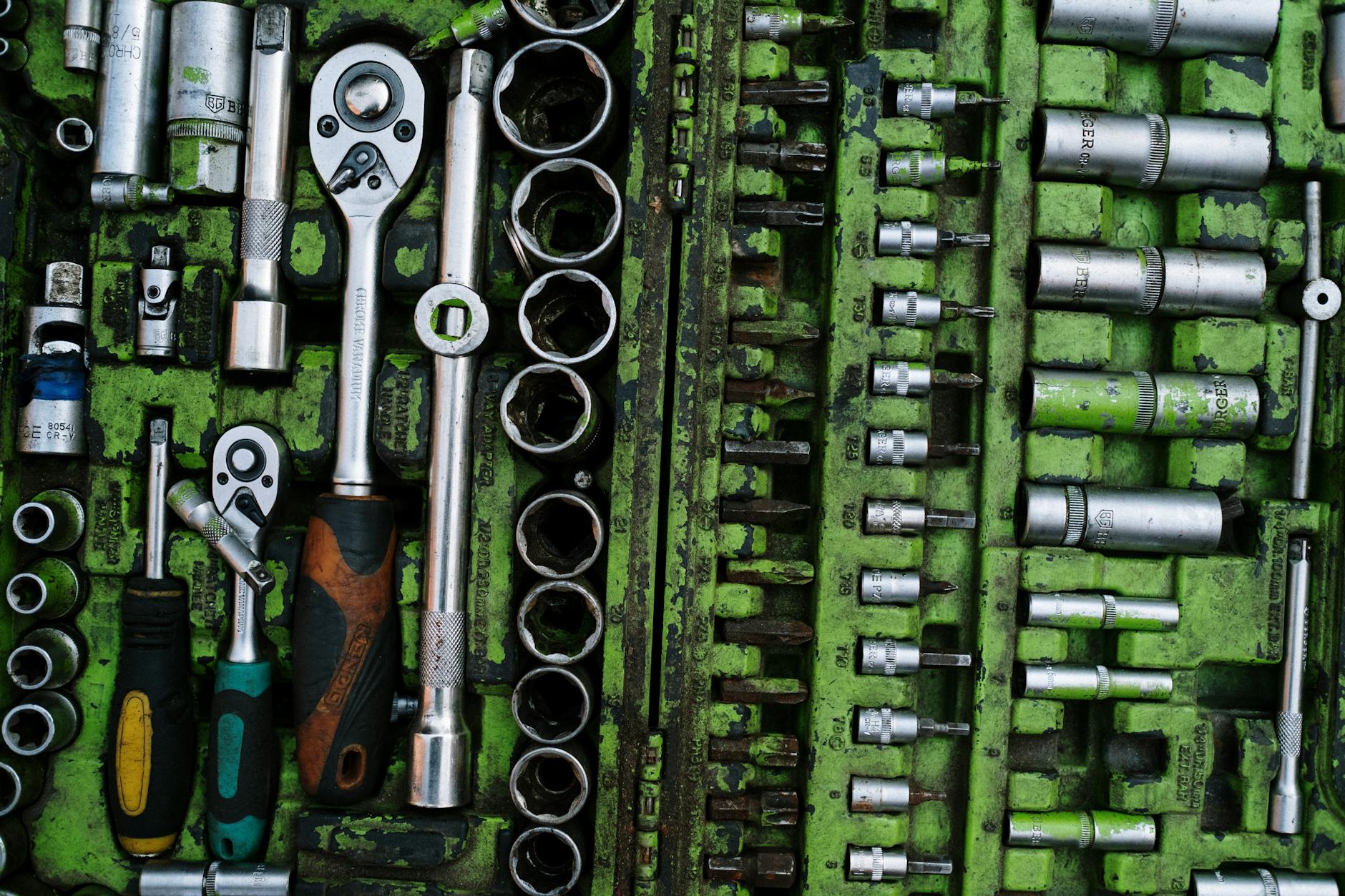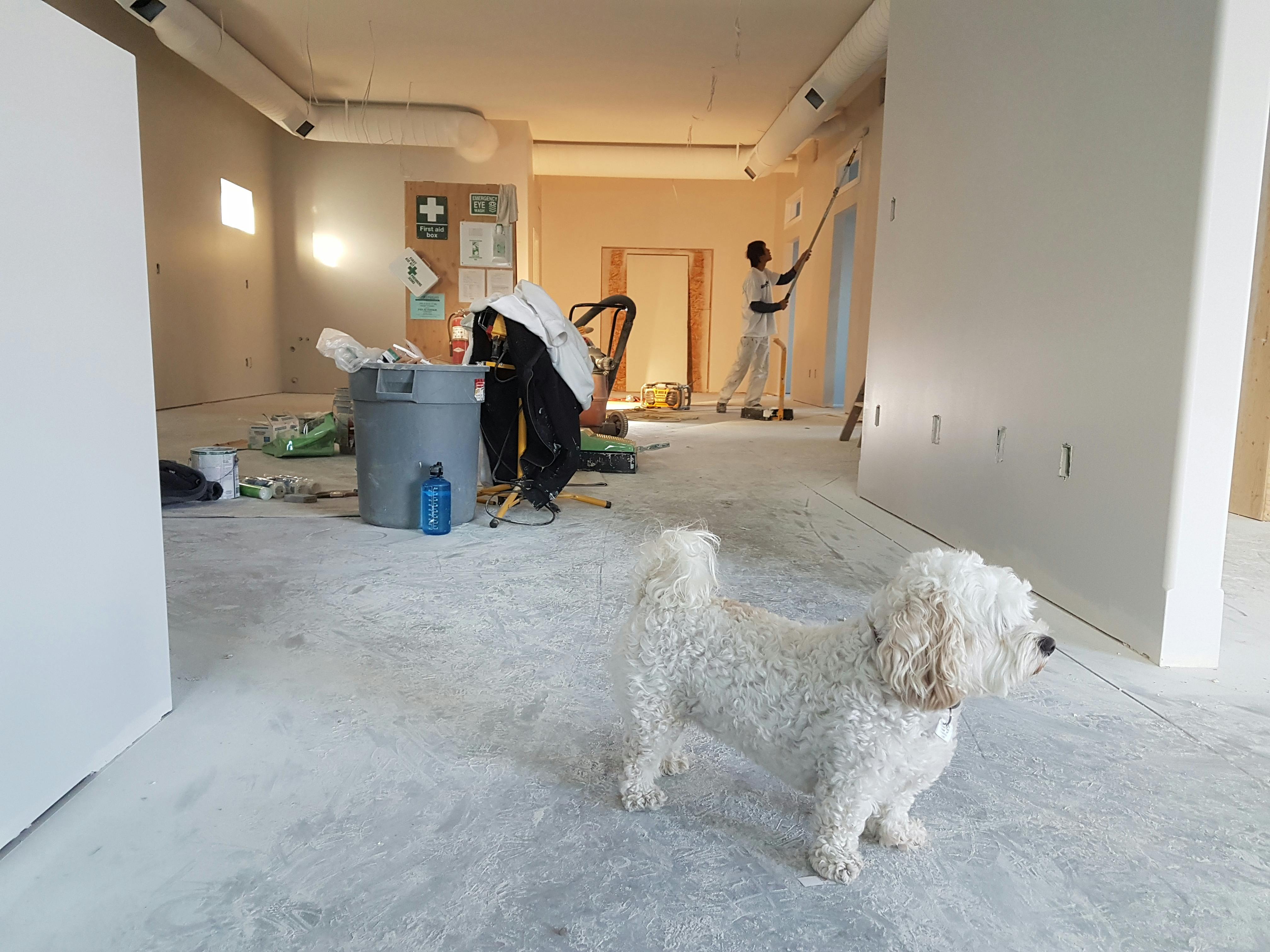The Ultimate Guide to Budget-Friendly Meal Prep

Get ready to save time, money, and eat healthier with these meal prep tips!
Meal prepping is a fantastic way to streamline your weekly cooking routine, save money on groceries, and ensure you always have delicious, nutritious meals ready to go. With a little planning and effort, you can set yourself up for success in the kitchen while sticking to your budget. Here's how to master the art of budget-friendly meal prep:
1. Plan Your Meals
Start by creating a meal plan for the week ahead. Choose recipes that use similar ingredients to minimize waste and make grocery shopping more efficient. Consider batch cooking staples like rice, beans, and roasted veggies to use in multiple dishes throughout the week.
2. Shop Smart
Make a list before heading to the store and stick to it to avoid impulse buys. Look for sales, use coupons, and buy items in bulk when possible to save money. Consider shopping at discount grocery stores or farmer's markets for fresh, affordable produce.
3. Prep in Batches
Spend a few hours on the weekend prepping ingredients like chopping vegetables, marinating meat, and cooking grains. This will save you time during the week and make it easier to throw together quick, healthy meals.
4. Invest in Quality Storage Containers
Invest in a set of durable, reusable storage containers to keep your prepped meals fresh and organized. Look for containers that are microwave-safe, BPA-free, and stackable for easy storage.
5. Rotate Your Menu
Keep things interesting by rotating your meal prep menu each week. Try new recipes, experiment with different cuisines, and get creative with your ingredients to avoid getting bored with the same meals.
6. Don't Throw Away Leftovers
Instead of throwing away leftovers, repurpose them into new dishes to minimize food waste. Get creative with your meal ideas by incorporating leftover proteins, vegetables, and grains into salads, stir-fries, soups, and more.
7. Stay Organized
Keep your fridge, pantry, and freezer organized to maximize your meal prep efficiency. Label containers with dates and contents, group similar items together, and regularly clean out expired or unused items to save time and money.





